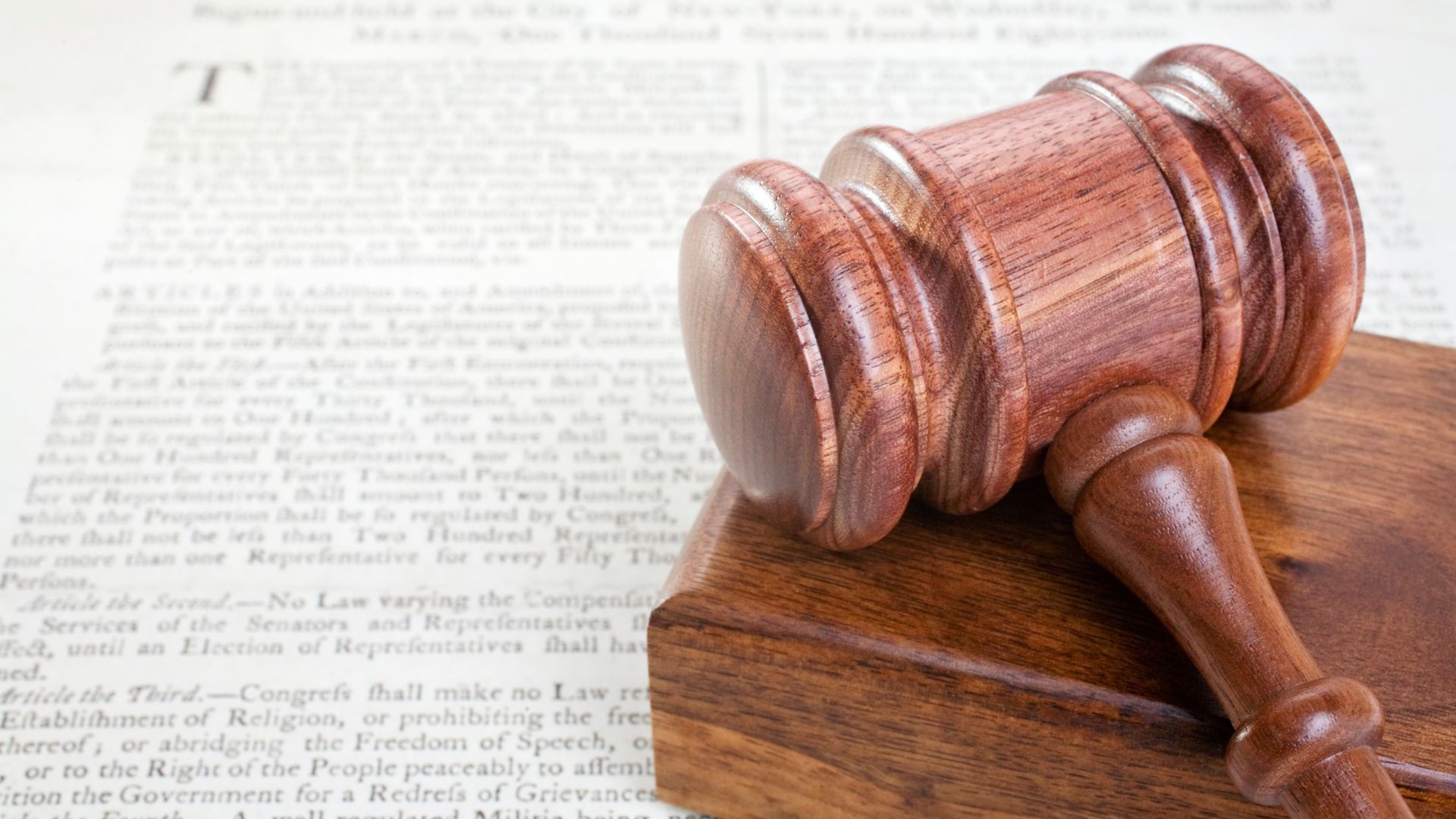
Shepherd Outsourcing opened its doors in 2021, and has been providing great services to the ARM industry ever since.
About
Address
©2024 by Shepherd Outsourcing.
In finance, understanding the roles of debtors and creditors is essential for making informed decisions and managing financial relationships wisely. As a debtor, you owe money, often through loans or credit, while as a creditor, you are the one extending funds or goods with the expectation of repayment. These roles directly impact how you handle transactions, assess risk, and maintain financial stability.
In this article, you’ll explore the key differences between debtors and creditors, how each is represented in financial statements, and why these distinctions matter for both individuals and businesses. By the end, you’ll have a clear grasp of their functions and practical implications in today’s financial environment.
A debtor is an individual, business, or government entity that borrows money or receives goods or services on credit, with a legal obligation to repay the amount owed, usually with interest or fees. As a debtor, you enter into an agreement with a lender, such as a bank, financial institution, or even another business, detailing the repayment terms, interest rate, and schedule. Debtors are central to debt financing, which enables entities to access capital without giving up ownership.
Types of debtors include:
Debtors can also be classified by the duration of their debt, short-term (due within a year) or long-term (due in more than a year).
Being in debt doesn't mean being powerless. In fact, the law offers significant protections to debtors. Here's what you should know about your legal rights and safeguards.
As a debtor in the U.S., you are protected by robust federal and state laws designed to ensure fair treatment and prevent abuse during the debt collection process. Your key rights include:
The primary federal law protecting debtors is the Fair Debt Collection Practices Act (FDCPA).
Key provisions include:
Many states have additional laws that further restrict creditor behavior and provide extra protections, such as limiting the amount that can be garnished from wages or exempting certain property from collection.
One of the most pressing concerns for debtors is the fear of legal consequences. So, let’s separate myth from reality when it comes to jail time and unpaid debts.

You cannot be jailed for failing to pay consumer debts such as credit cards, medical bills, or loans. Debtors' prisons were abolished in the U.S. in 1833. However, there are exceptions:
When repayment becomes impossible, what options remain for debtors? Let’s explore two common solutions, i.e. bankruptcy and debt settlement, and understand when they make sense.
Bankruptcy is a legal process that provides relief to debtors who cannot repay their debts. The two most common types for individuals are:
Filing for bankruptcy triggers an automatic stay, which immediately halts most collection actions, including lawsuits and wage garnishments.
Debt settlement involves negotiating directly with creditors to pay a lump sum that is less than the full amount owed. This is usually pursued when bankruptcy is not an option or as an alternative. While it can reduce your total debt, it may negatively impact your credit score and could have tax implications if the forgiven amount is significant.
By understanding these rights and legal protections, you can make informed decisions, protect yourself from abusive practices, and seek relief if you are struggling with debt. If you believe your rights have been violated, consult with a qualified attorney or contact the CFPB for guidance.
Now that we’ve covered the debtor’s side, let’s shift perspectives. What does it mean to be a creditor, and how do their rights and responsibilities compare?
Suggested Read: Can Debt Collectors Make Calls on Holidays?
A creditor is an individual, business, or institution that lends money or extends credit to another party with the expectation of being repaid, usually with interest or fees. As a creditor, you provide funds, goods, or services upfront, trusting that the debtor will fulfill their repayment obligations according to agreed terms. Creditors play a vital role in supporting economic activity by enabling others to access resources they might not have immediately available.
Types of creditors include:
Creditors are typically listed as liabilities on a company’s balance sheet, reflecting the amounts the business is obligated to pay in the future.
While debtors have protections, creditors also have structured legal avenues to recover what they're owed. Here's how creditors can enforce repayment.

When a debtor defaults, creditors have several legal avenues to recover their funds:
But what happens when collection efforts fail? Let’s take a closer look at the next steps available to creditors when debt goes unpaid.
Even with enforcement rights, creditors must operate within legal boundaries. Let’s break down the ethical and legal responsibilities that govern debt collection practices.
Creditors must adhere to federal and state regulations, such as the Fair Debt Collection Practices Act (FDCPA), which prohibits abusive, deceptive, or unfair collection tactics. Violations can result in penalties and loss of the right to collect the debt.
To fully understand these roles, it's helpful to compare them side by side. The following breakdown highlights the contrasting responsibilities, risks, and legal positions of debtors and creditors.
Understanding the distinction between a debtor and a creditor is fundamental for anyone involved in finance or business. While both are key players in credit transactions, their roles, rights, risks, and financial impacts are quite different.
The table below summarizes the main differences to help you see how each party fits into the financial picture.
This comparison highlights how debtors and creditors interact and why understanding their differences is essential for effective financial management.
Bridging the gap between fair collection and responsible lending isn't easy, but it’s necessary. Here’s how Shepherd Outsourcing achieves that balance by supporting both parties involved.
Shepherd Outsourcing Collections plays a vital role in bridging the gap between creditors and debtors by offering professional debt collection services that prioritize both effective recovery and ethical practices.
Shepherd Outsourcing helps creditors by:
At the same time, Shepherd Outsourcing is committed to safeguarding debtor rights through:
By combining effective creditor support with strong debtor protections, Shepherd Outsourcing fosters trust and professionalism in debt recovery. This balanced approach helps reduce complaints, maintain reputations, and achieve sustainable financial results for all parties involved.
In finance, clear understanding of the roles and rights of debtors and creditors is essential for managing credit relationships effectively. Debtors benefit from legal protections that prevent unfair treatment, while creditors have defined rights and remedies to recover debts responsibly. Balancing these interests promotes healthier financial interactions and reduces conflicts.
Shepherd Outsourcing exemplifies this balance by providing tailored debt collection services that support creditors in recovering funds while respecting and protecting debtor rights.
If you want to improve your debt recovery process without compromising compliance and ethics, get in touch with the Shepherd Outsourcing team today.